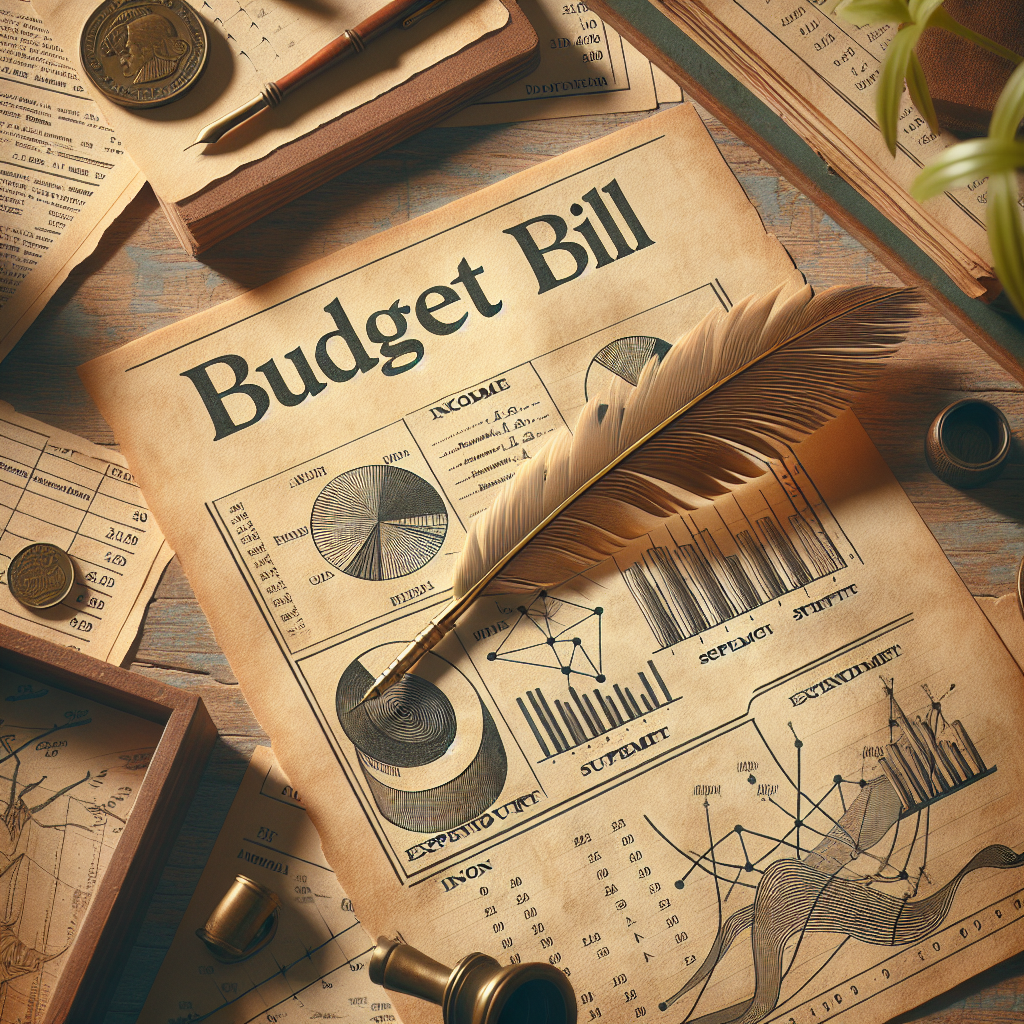Sweden's Tax Cut to Boost Economy Amid Global Uncertainty
Sweden's government plans to halve the VAT on food to 6% in its next budget to support households amid economic challenges. The temporary measure, along with other financial aids, aims to strengthen purchasing power and address slowed growth due to uncertainties like U.S. tariffs.

In a bid to support households and the broader economy, Sweden's government announced a plan to temporarily reduce the value-added tax on food to 6%. This measure is part of an election-year budget designed to combat slowed growth attributed to global economic uncertainties, notably U.S. tariffs. Prime Minister Ulf Kristersson emphasized the aim to boost household purchasing power.
The government, led by a right-wing coalition, is preparing its most expansive budget since the pandemic, introducing unfinanced measures totaling 80 billion Swedish crowns. The VAT reduction, effective from April 2026 to December 2027, is expected to save families and pensioners significantly. Moreover, a 'food commission' will monitor price developments to ensure consumer savings are realized.
Amidst concerns over market competition, the government has previously engaged in talks with food retailers over price hikes. Despite the impending rise in government debt, Swedish finances remain robust, with public spending set to increase, particularly in military expenditure and energy transition. The budget proposal, projecting a GDP growth of 3.0% by 2026, will be presented to parliament on September 22.
(With inputs from agencies.)










